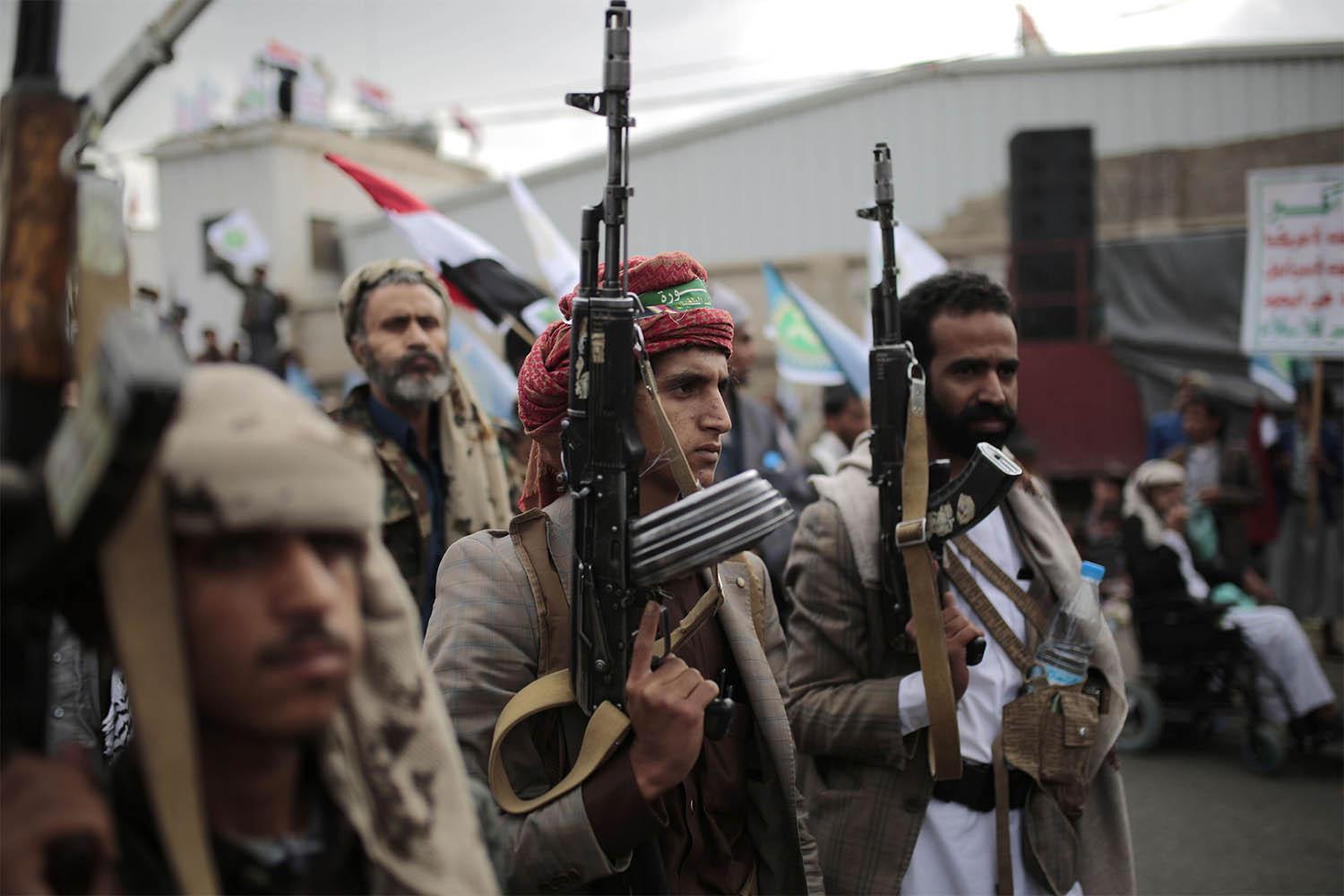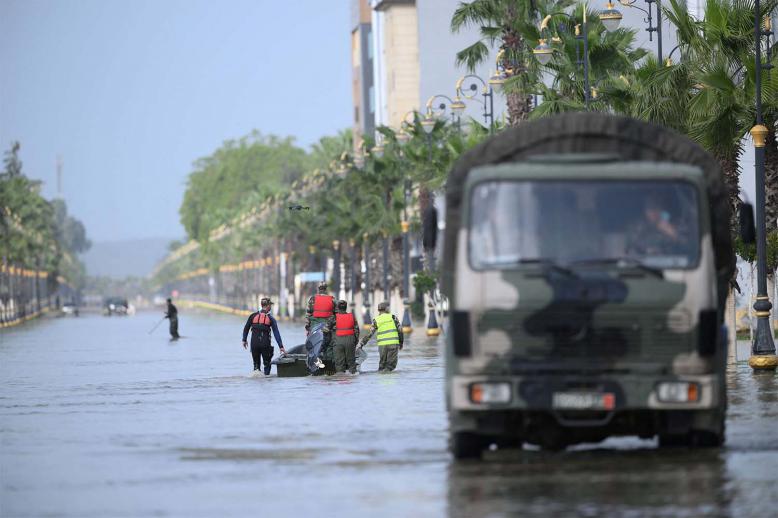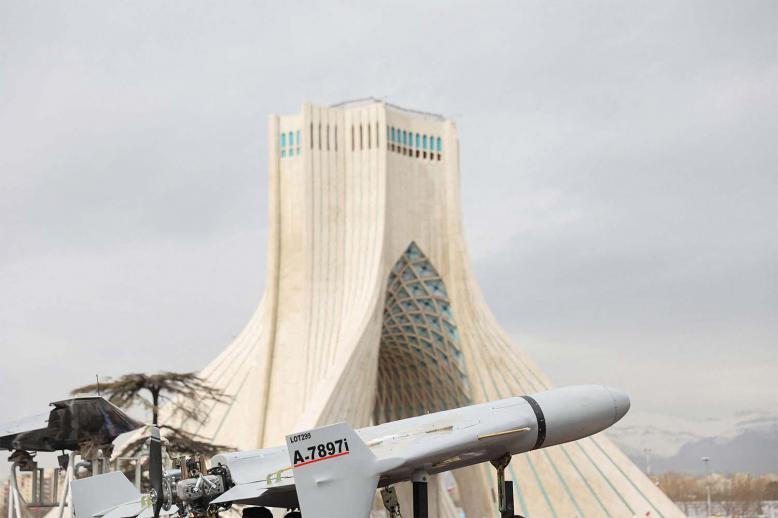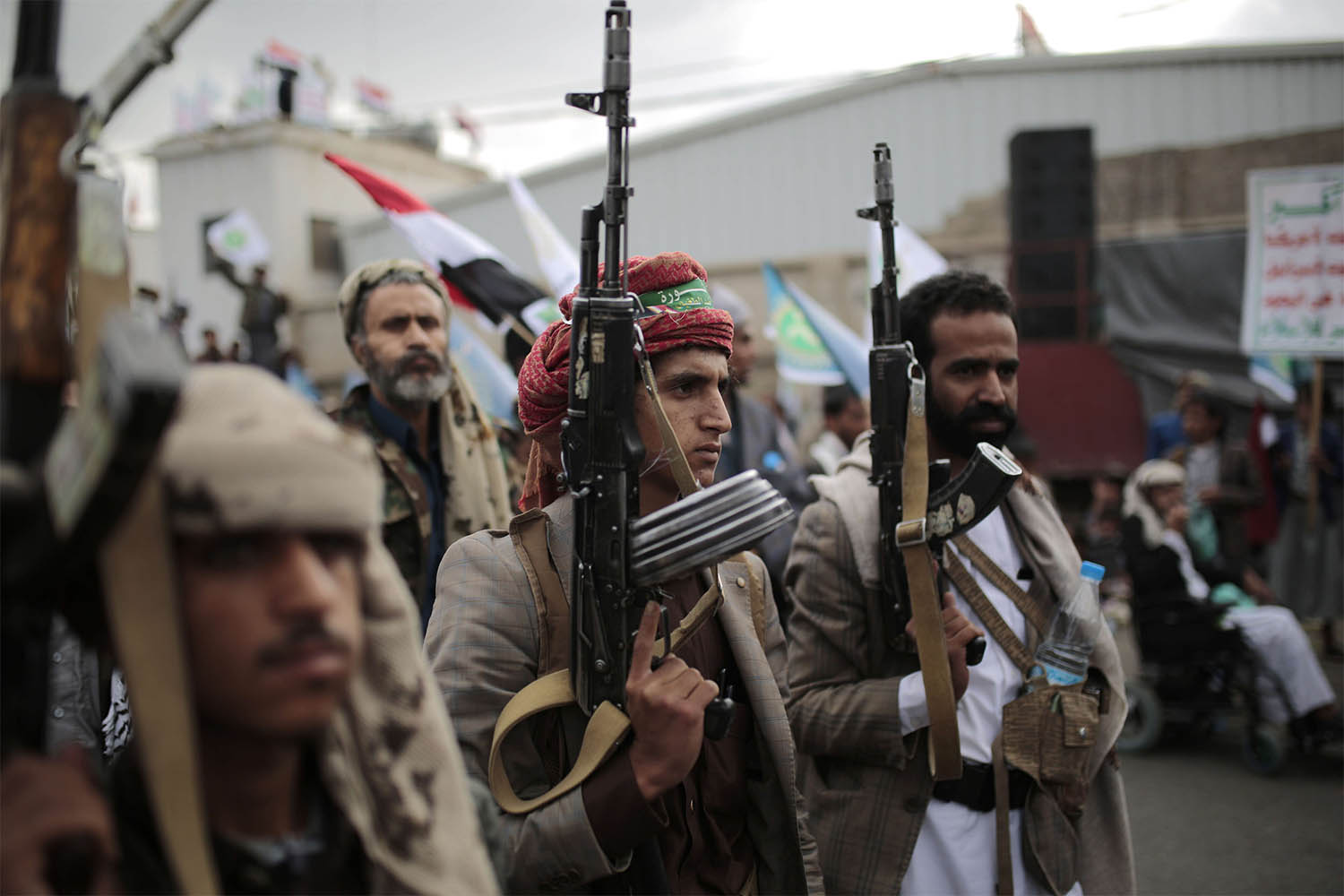Emirati diplomacy and Houthi terrorism
Those who know the UAE well know that its reaction to the Houthi group’s absurd adventures and messages of vicious attacks will be blistering, suggest some observers. It will surprise the group and its sponsors. The UAE is not one of those countries that behaves erratically. They do not tend to act or react impulsively.
The UAE, elected last year by the UN General Assembly as a non-permanent member of the Security Council for the period 2022-2023, is aware of its great responsibility to maintain international peace and security. The UAE is committed to multilateral action, international law and the UN Charter and will not abandon its convictions and the regional and international trust built over decades.
With the goals contained in the Principles of 50 document, based on the UAE’s top priority of development, it is clear that the UAE will not allow itself to become embroiled in unwanted conflicts and will not accept any new regional conflict reality that would divert it from the path of development competitiveness on which it has achieved great success.
The UAE’s response to the Houthi group’s senseless attacks is not primarily for its valiant forces to immediately destroy the launch pads in the area controlled by the Al Houthi militia, although this is one of the measures required by international law to defend itself and prevent further attacks.
Indeed, the strongest and most appropriate response to the Houthis and all militias destabilizing the Middle East lies in the UAE’s diplomatic efforts to mobilize international forces to seriously combat the Houthis’ cross-border terrorism.
The recent joint article published in the Wall Street Journal by Yousef Al Otaiba, UAE Ambassador to Washington, and Lana Nusseibeh, UAE Permanent Representative to the UN, expresses the UAE’s civilized approach in the face of such a situation.
The UAE called for tough sanctions and diplomatic measures against these threats, which not only affect the country itself, but also jeopardize the future of stability and peace in the Middle East.
In their article, Al Otaiba and Nusseibeh factually explain the rationale for reclassifying the Houthis as a foreign terrorist organization under US law. They show that such a move is urgently needed to correct the negative effects of removing the Houthis from the US list of terrorist organizations.
The group failed to understand that the current US administration’s goal in removing this classification is to motivate the Houthis to open up to a political solution to the crisis. The goal was for Washington not to impede humanitarian assistance to the Yemeni people and for the US to send a message to other regional parties. However, all of these ideas did not materialize.
Instead, Al Houthi and others believe that the US stance reflects a decline in its standing and influence. The Houthis have responded to diplomatic efforts and initiatives to end the conflict in Yemen and find political solutions that would restore security and stability in the Arab country by continuing their adventures and defying international will.
Despite the importance of strong international and US support and solidarity with the UAE in the face of threats to its security and stability, reclassifying the Houthis as a terrorist organization will be the most effective response to these violent extremists. This would put a check on financial and military supplies to the Houthi group from well-known sources and parties.
However, it would not impede the flow of humanitarian aid to Yemenis, especially those who are living through this difficult time in their country’s history under the rule of this rogue terror group.
Faced with the chaos that terrorist militias and arms are trying to sow in the Middle East, the UN, Washington, and the other major powers must maintain their ability to enforce the law and international conventions and pay renewed attention to the system of international cooperation in the counterterrorism battle.
Salem AlKetbi, UAE political analyst and former Federal National Council candidate







